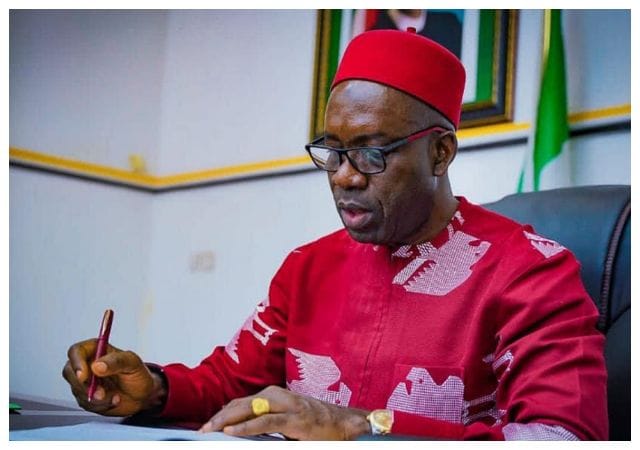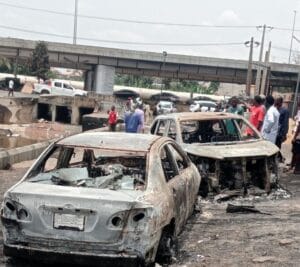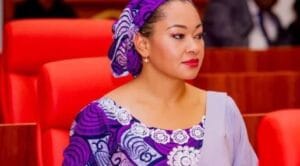Governor Chukwuma Soludo of Anambra State has stopped pastors from preaching on roads and in markets. He said this step is necessary to reduce noise and stop disruptions in public areas. While he supports the right to worship, he insists that religious activities should take place in churches and other designated places.
Soludo has also put an end to the work of native doctors and spiritualists, accusing them of misleading people. He sees these actions as part of a larger effort to stop fraudulent activities in the state.

Why Soludo Bans Pastors from Preaching in Public
This decision has sparked different reactions. Some believe it will help maintain order, while others think it limits freedom of worship.
The governor made it clear that public spaces should not be used for loud preaching or religious gatherings. He also accused some preachers of misusing public platforms to deceive people or collect money.
Beyond religious leaders, traditional healers and spiritualists are also affected by the ban. Many have criticized the decision, saying it interferes with long-standing cultural practices.
Public Reactions to the Ban
People in Anambra have mixed opinions. Some residents say it will bring peace, while others argue that it silences religious voices.
Pastors, especially those who rely on public evangelism, have spoken against the rule. They argue that spreading the gospel in open spaces is a key part of their mission.
Traditionalists have also raised concerns. They say their practices are part of their identity and should not be banned. Some believe the move targets cultural traditions unfairly.
Legal and Social Impact
Legal experts are discussing whether the decision aligns with constitutional rights. The government has the power to regulate public activities, but critics argue that stopping religious gatherings entirely might violate freedom of worship and expression.
Some suggest that instead of a complete ban, the government should introduce rules, such as issuing permits or designating certain areas for public preaching. This would allow control without taking away people’s rights.
How the Ban Affects Religious Activities
The new rule could change how religious groups operate in Anambra. Evangelists who depend on street preaching may have to find new ways to reach people, such as online platforms or house gatherings.
Church leaders are calling for discussions with the government. They want a compromise that allows preaching while maintaining order in public places.
Political Effects of the Decision
Political figures have also reacted. Some opposition leaders say Soludo is using the policy to control religious groups. Others believe he should focus on more pressing issues like development and security.
With elections approaching, this decision may affect how religious communities see his leadership. It could also influence voter support.
Soludo’s Reason for the Ban
Governor Soludo says his aim is to create a peaceful and organized environment. He argues that noise from public preaching disturbs residents and that some preachers take advantage of people for personal gain.
He assures that the rule is not against any particular faith but is meant to ensure that worship happens in appropriate places.
What Happens Next?
As discussions continue, religious leaders, traditional heads, and civil society groups may engage with the government to find a middle ground. Some church leaders have hinted at taking legal action if the rule remains unchanged.
Authorities have been directed to enforce the law, but it is unclear how strictly it will be applied. Some believe public resistance may lead to adjustments or exceptions for certain religious activities.
Conclusion
Soludo’s decision to stop pastors from preaching in public has sparked strong debates. While he says the goal is to maintain order, many see it as a restriction on religious freedom.
With reactions still coming in, time will tell whether the rule will stay or change. One thing is certain—religious activities in public spaces remain a sensitive issue in Anambra.




